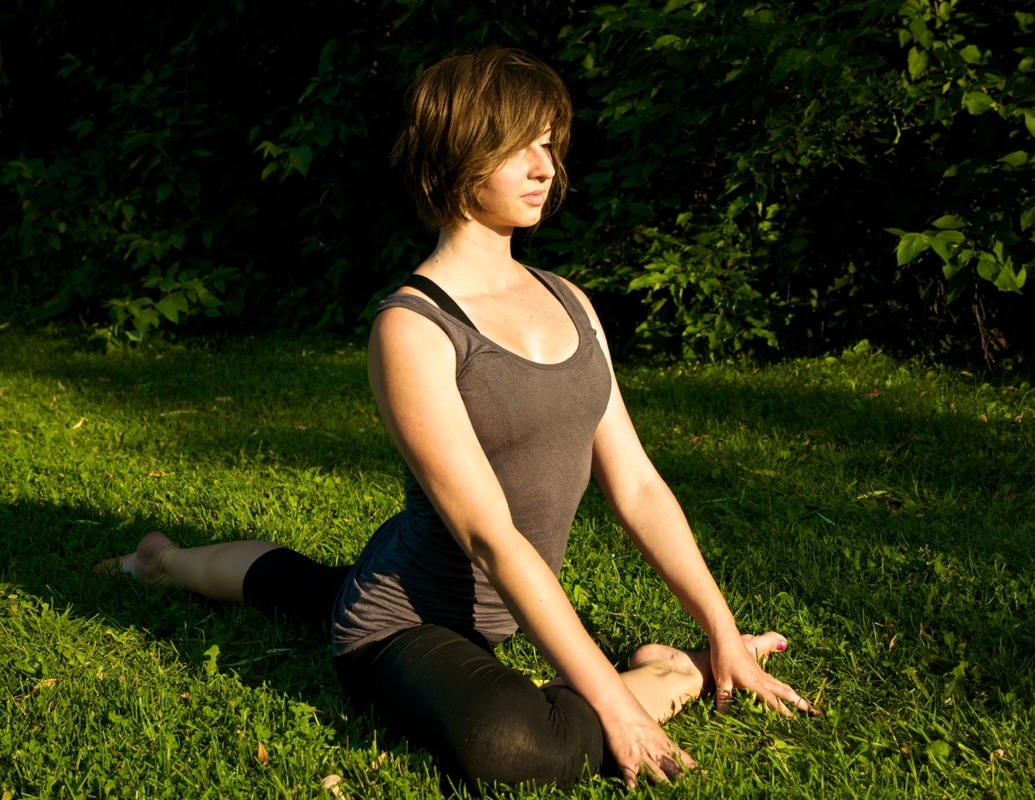|
At the moment, there are 155 different types of Psychotherapy listed on Wikipedia with over a thousand different methods claimed to be in existence. That’s a lot to choose from! Luckily, many of the methods are slight variations of more popular approaches, and the different methods can be grouped into a few broad categories of therapy. Each approach looks at problems from a particular perspective, and has a set of techniques aimed at improving well-being, mental functioning and eliciting positive change. When I was studying Psychology and Psychotherapy at school, we learned about the most common categories of therapy. Each one provided a very useful perspective on how mental and emotional problems develop in humans. I can confidently say that the understanding and insight I got into my own problems at the time were invaluable, and in hindsight probably saved me from a lot of future pain and suffering. However, at the end of the day I often found myself wondering “So now what?” Having insight helped me to understand my problems, but didn’t help me change my situation. This is where one type of therapy really made a difference for me. The type of therapy I eventually found myself gravitating towards, and the main approach I use in my own private practice, is ACT or Acceptance and Commitment Therapy. This was not an approach that was taught in school, but one I stumbled upon by chance and really fell in love with. One of the things I love about ACT is that it’s an experiential type of therapy, meaning it’s not just about talking and gaining insight, but also about doing. For me, this answered that “so now what?” question. The aim of the ACT practices is to change the way we relate to our thoughts and feelings without actually changing our thoughts and feelings. This is different from many of the other types of therapy out there, which focus on changing negative thoughts and feelings into positive ones. At this point you might be thinking “isn’t the whole point of therapy to improve our negative thoughts and feelings?” Well according to the ACT perspective, the problem isn’t our thoughts and feelings per se, but how we relate to them. If, for example, we were to have the thought “I’m not good enough” accompanied by the feelings of hurt and shame, this might lead us to engage in self-destructive behaviours, withdraw from others, and shy away from doing the things we really want to do in life. If, by contrast, we were to have the thought “I’m a banana,” we might be amused or puzzled by it but chances are it would not significantly impact us. We would simply dismiss it as a random silly thought and get on with our day. But what if we reacted to the thought “I’m not good enough” in the same way as we do to the thought “I’m a banana?” After all, they are really the same. Both thoughts are just phenomena produced by the brain, a string of funny sounds that make up words and sentences. We would then be able to get on with our day regardless of what types of thoughts and feelings arise in our consciousness. Rather than being tossed around by our difficult emotions and negative thinking patterns, we would be able to take back control of our lives. By shifting our focus away from trying to change our thoughts and feelings, we can instead foster acceptance, curiosity, and compassion for whatever arises. Dropping the inner struggle with our thoughts and feelings also frees up a lot of energy which we can then put towards taking action. This is where the other aspect of ACT comes in, which is exploring what gives us meaning, what fulfills us, and what gives us a sense of vitality. And to boldly take steps towards that life. By shifting focus away from trying to change our thoughts and feelings to making space for them instead, we can take these bold steps towards a rich and meaningful life NOW, not once we feel better. ACT teaches us that we don’t need to put our life on hold until we “get better,” but rather we have the capacity to live fully and boldly even with all of our pain and suffering. This is exactly why I fell in love with ACT. It made me realize that to live fully is to be able to experience the full spectrum of human emotion, that to love fully is to inevitably feel the pain of loss, that to do what truly matters involves the courage and vulnerability of taking risks, that all of us at some point will experience pain and suffering, and that the amount of life in a moment of pain is the same as the amount of life in a moment of joy. To me, ACT is not just a type of therapy that I practice, but the way I live my life. Because at the end of the day, ACT is about helping people live rich, full, and meaningful lives regardless of the negative chatter of their minds or emotional pain in their hearts. And to me, this is not just mental well-being, it is freedom.
4 Comments
About Emily...
7/7/2017 3 Comments Practice Feature: Mindful YogaIf you are someone who has ever taken or even thought about taking a yoga class, you have undoubtedly been faced with a multitude of options. First you have your standard Hatha, Vinyasa, Ashtanga, Iyengar, Bikram, Hot Yoga, Yin, Restorative, and Kundalini yoga classes. From there the titles get more creative as each studio and teacher put their own flare into their classes; combining, fusing, and supplementing yoga styles sometimes with other movement or spiritual traditions. A quick look at some of the top studios in Toronto gives us classes such as Functional Flow, Kundalini Vinyasa Fusion, Core Power Flow, Chakra Flow, Hatha HypnoZen, Yin Yang, Slow Flow Vinyasa, Moon Yoga, Yoga Conditioning, Detox Flow, Yoga Sculpt, Goddess Flow, Bliss Yoga, and Yogalates. Phew!! And now I am writing to you about Mindful Yoga. What in the heck is Mindful Yoga, and are all these styles really that different? Are they even still yoga? As with many questions, the short answer is both yes and no. It’s true, the practice of yoga has evolved significantly here in the West and continues to do so, so much so that it is sometimes difficult to say that what we are currently seeing can still be referred to as yoga in the traditional sense. The same can be said for the practice of Mindfulness. Like Yoga, Mindfulness has gained much popularity in the West over the last decade or so since entering the mainstream. In addition to Mindfulness Meditation, we can now also find Mindful Eating, Mindful Movement, Mindful Conversation, Mindfulness Stress Reduction Programs, Mindfulness Based Therapy, Mindfulness Based Recovery Programs, and yes Mindful Yoga. It seems that Mindfulness, too, has evolved significantly since its traditional roots in Buddhist Spiritual Practice. Zlata weaves Mindfulness into her work with both her psychotherapy and yoga clients.
Photo by Simon Johnston |
Archives
January 2023
CategoriesAll Advice Affirmation Animal Teachings Anxiety Assessment Tool Astrology Boundaries Breath Ceremony Chanting Cleaning Coaching Cooking Creativity Dream Earth Eco Spirituality Eco-Spirituality Fatigue Fear Fertility And Pregnancy Grief Grounding Happiness Honouring Our Elders Hormones Intention Intentionality Limiting Beliefs Living Seasonally Love Mars Retrograde Meditation Mindfulness Nature Nutrition Overwhelm Palmistry Practice Feature Prayer Psychotherapy Radical Self Nourishment Recipe Recovery Reiki Renewal Self Betrayal Self Care Self-Care Self-Compassion Self-expression Self Love Self-Love Self-worth Shinrin-Yoku Sleep Sound Healing Sounding Stress Symbolism Tarot Tools And Techniques Transformation Vitamin N Workshop Yoga |
257 Danforth Ave Toronto |
Connect
|






 RSS Feed
RSS Feed